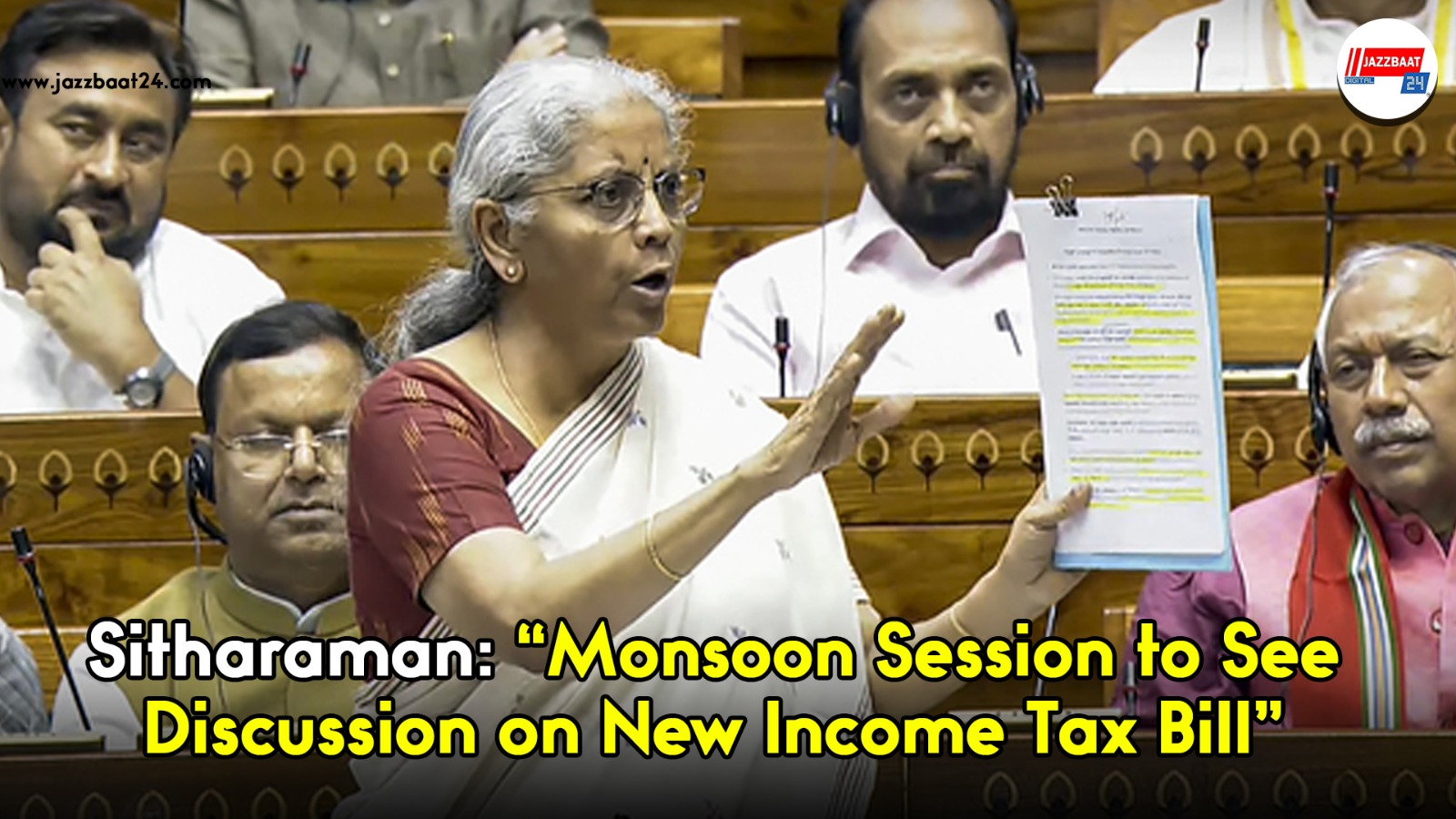
(March25,2025) - The new Income Tax Bill will be considered for consideration in Parliament's Monsoon session, Finance Minister Nirmala Sitharaman informed the Lok Sabha on Tuesday.
The Income-tax Bill, 2025, to supersede six-decade old Income Tax Act, 1961, will simplify direct tax laws to understand, eliminate uncertainties, and lessen taxation disputes.
The exercise in simplification was set against three key principles that entail textual and structural simplicity for greater clarity and coherence, continuity and predictability without any major change in tax policy and no rate change to ensure predictability for taxpayers, the Finance Ministry said.
The Bill, on the lines of global best practice, aims to ensure ease of doing business by providing a simple and clear tax system. It has caused a drastic decline in the volume of the Act, and it is now more streamlined and easy to navigate. The word count of the new Income Tax Bill has come down to 259,676 from a whopping 512,535 words of the current Income Tax Act. This near 50 per cent reduction has seen 252,859 words fewer, as per an official statement.
As a result, the chapters under the new Income Tax Bill have been condensed from 47 to 23. Similarly, the same was also applied to the sections by cutting them from 819 to 536 previously which has witnessed up to 283 sections being cut out, the statement explained.
This massive reduction has been obtained through language simplification that has rendered the law more readable and the amalgamation of amendments has reduced fragmentation.
A three-stage approach was undertaken with focus on eliminating complicated language for enhancing readability, removing unnecessary and repetitive provisions to enhance navigability and rearranging sections sensibly to permit ease of reference, according to the statement.
There has been a rationalisation of structure with tables and formulae to make it more readable. Other than this, maintenance of existing principles of taxation ensured continuity while maximizing usability, added the statement.
Industry specialists and tax practitioners were consulted and the simplification models of Australia and the UK were studied for good practices.
The government also encouraged extensive stakeholder consultation, including taxpayers, companies, industry associations, and professional bodies. Of the 20,976 online submissions, relevant suggestions were scrutinized and implemented, as pertinent.